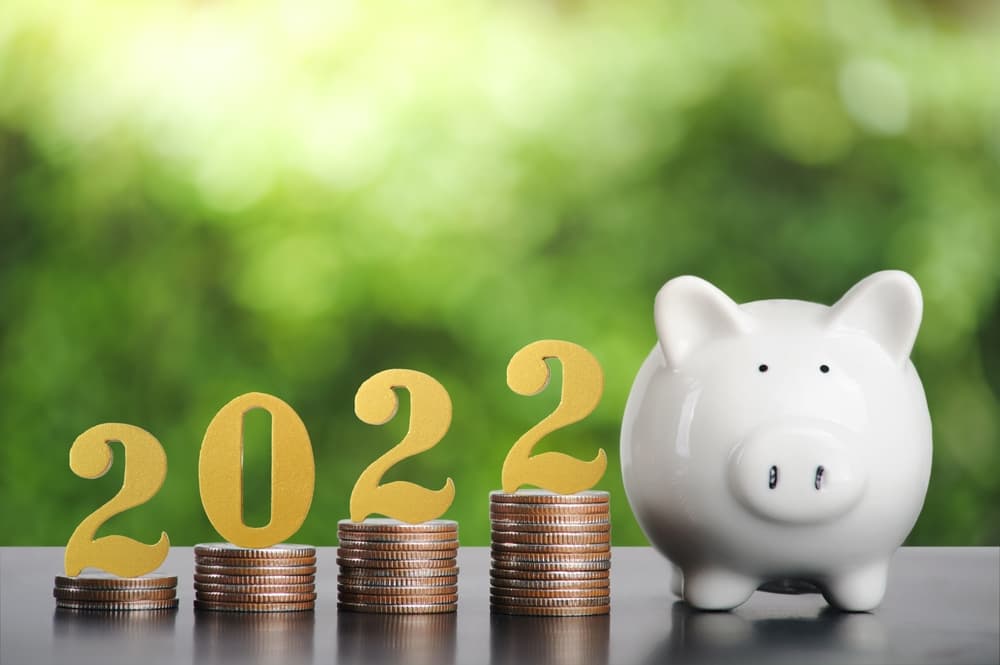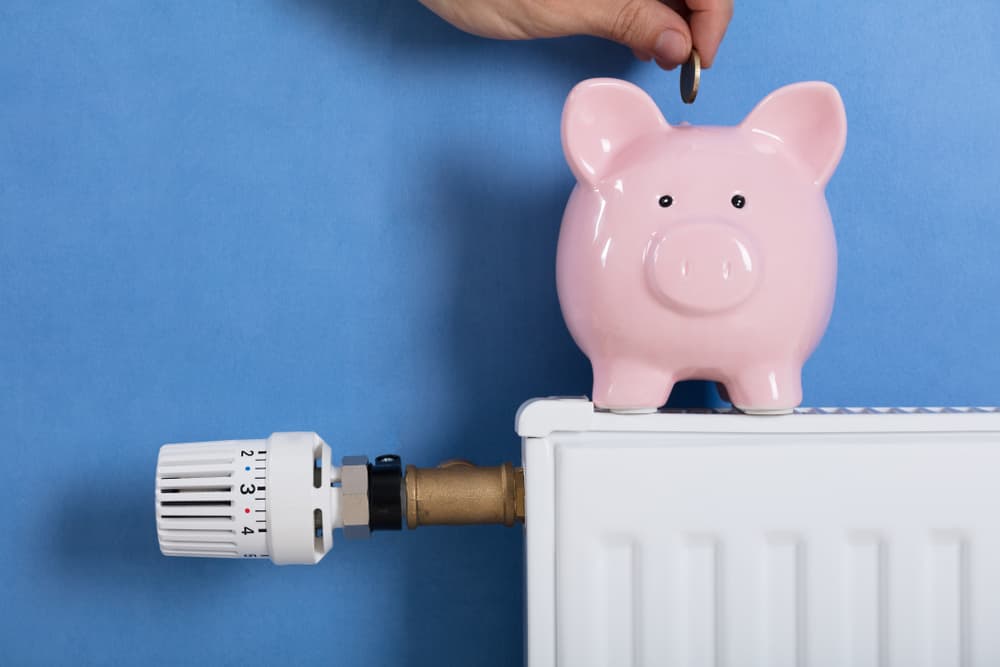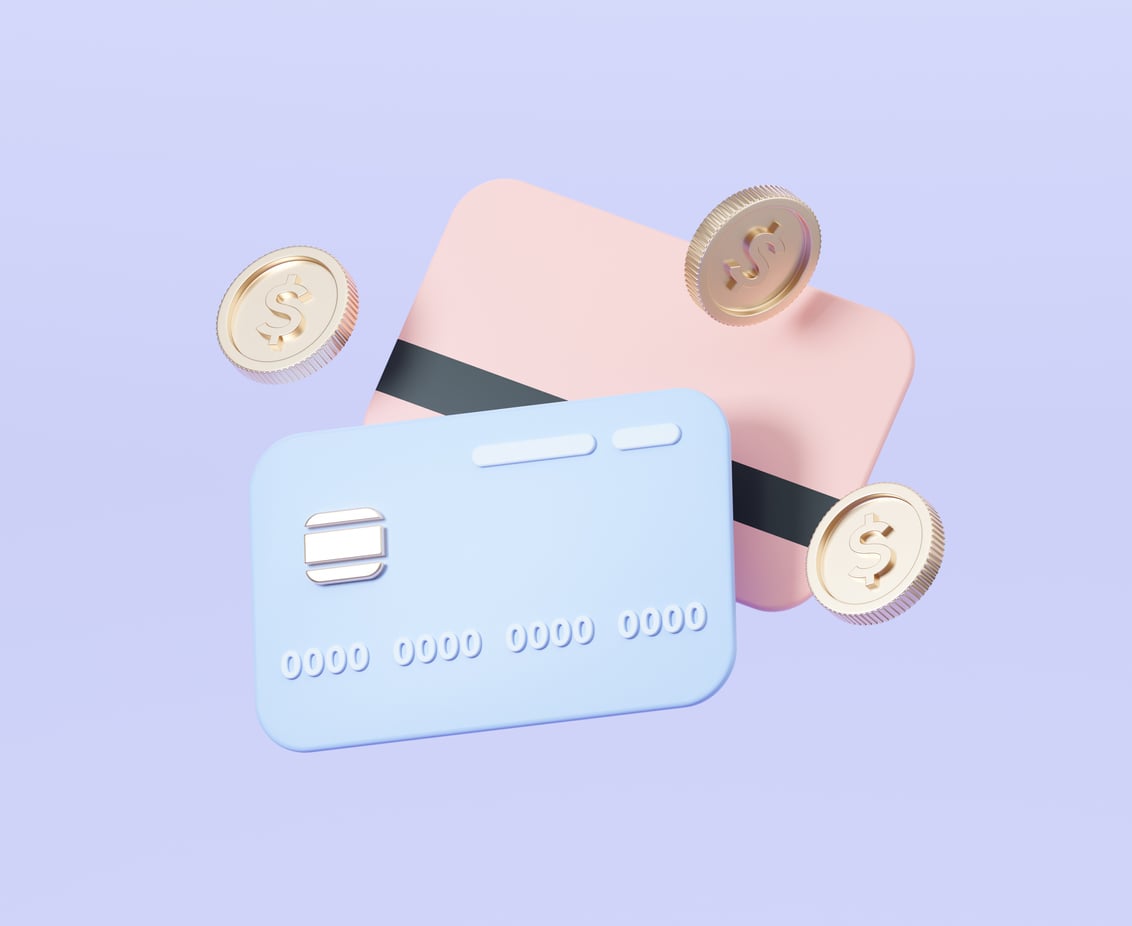5 Credit Card Warning Signs to Avoid

Credit cards can provide many advantages if you play your cards right. But not knowing these major credit card red flags can cost you a fortune.
If you’re looking for a new credit card, you’re probably overwhelmed by the number of credit cards available. It seems that there are endless varieties of cards and choosing the right one for you is not easy. To pick an ideal card for your financial goals and spending habits, it’s necessary to keep away from some options that come with soaring rates and needless fees.
To make it easier for you to choose, here’s a list of 5 warning signs to avoid when picking a credit card.
1. Unreasonably High Interest Rates
If you don't carry a balance month to month, the interest rate on your credit card is meaningless; you'll never owe interest. However, financial hardship and other causes may force you to carry debt, which is handy but costly.
According to the Federal Reserve, the average annual percentage rate for interest-bearing credit cards was 16.30 percent in May 2021. Your interest rate will be determined by your creditworthiness, which tells the card issuer how much risk it is incurring by granting you credit.
In general, the lower your credit score, the higher your annual percentage rate. However, some credit cards for those with bad credit have absurdly high APRs, up to 30% or more.
Low or promotional interest rate credit cards normally demand good credit (FICO scores of at least 690), although there are alternatives for those with less than perfect credit:
Secured credit cards need a refundable security deposit, which serves as both a credit limit and collateral. Because the bank is taking less of a risk on you, they may be easier to obtain. Secured cards sometimes have lower ongoing APRs, especially those that charge yearly fees.
Depending on your credit score, you may be eligible for a credit union card, which may have better interest rates than major bank products. Still, you'll have to join the credit union to receive one, and there may be membership restrictions.
2. Not Possible to Get Better Terms
Your credit will improve if you use your secured or starter card wisely. You might choose to switch to a credit card with better terms, more rewards, or more generous benefits at that moment. It's ideal if your current card makes the process simple, but that’s not always the case.
Top credit cards for bad credit (generally secured cards) usually include upgrade paths, either automatically (with responsible card use) or upon request. This implies you may be able to "upgrade" to a better card within that issuer's product family without having to shut your current account. You'll also get your deposit refunded if your account is in good standing when you upgrade.
Even if a card doesn't have an upgrade route, it can still be helpful. However, you'll be stuck with a product you've outgrown in the long run, which can be very costly if you're paying an annual fee. While you have the option of closing the card completely, this will have a negative influence on your credit scores.
3. Excessive Fees
Annual fees are very common on credit cards. They are amounts paid to the issuer each year to keep the card active. Annual fees are often connected to rewards credit cards that offer perks like vacations or annual credits toward purchases, as well as purchase protection. The value of those perks might easily cover or even surpass the annual fee.
If you're trying to build or rebuild credit, a card with no annual fee is generally the best option. If you decide to get a card with an annual charge, make sure it is the only fee you will be charged.
Steer clear from cards that charge additional fees, as these can easily mount up and lower your credit limit if charged automatically. Activation or application fees, membership costs, and maintenance fees are just a few examples. These are preventable and usually do not match any existing service provided by your credit card issuer.
Other fees are typical with any credit card, but they can be avoided if you use your credit card responsibly. When you make a late payment on a credit card, for example, issuers commonly impose late fees of up to $40. If you pay on time every billing cycle, you can avoid those costs - you can even plan a payment ahead of time on the card's website or app.
4. Low Credit Limits
If a credit card issuer tends to provide low credit limits, you should avoid them. With a low credit limit, it's more likely that you'll use more than 30% of your available credit. Your credit score may suffer as a result of this.
It's not always easy to track down this information because credit card issuers don't usually disclose your credit limit when you apply. However, you should contact the credit card company and ask about the usual line of credit provided, or look into what types of credit limits other individuals have received.
A low credit limit might have an impact on your credit utilization ratio, which is a major element in your credit scores. The amount you owe as a percentage of your available credit is called credit utilization. Your credit utilization is 50% if you have a $1,000 credit limit and a $500 amount on your card.
It is generally recommended that you keep your credit utilization below 30%. However, the lower that percentage is, the higher your credit scores will be.
Finally, if the card earns rewards, a low spending limit puts a limit on how much you may receive in rewards.
5. Insufficient Credit Reporting
A credit card that reports to all three main credit bureaus — Equifax, Experian, and TransUnion — is perfect for building credit. Credit reports, which are the backbone of your credit scores, are compiled by these bureaus.
Cards with insufficient credit reporting can be problematic because you never know which bureau a prospective lender will check your credit report from.
If a lender requests TransUnion reports but your card only reports to Equifax and Experian, the lender may not be able to see your credit activity.







